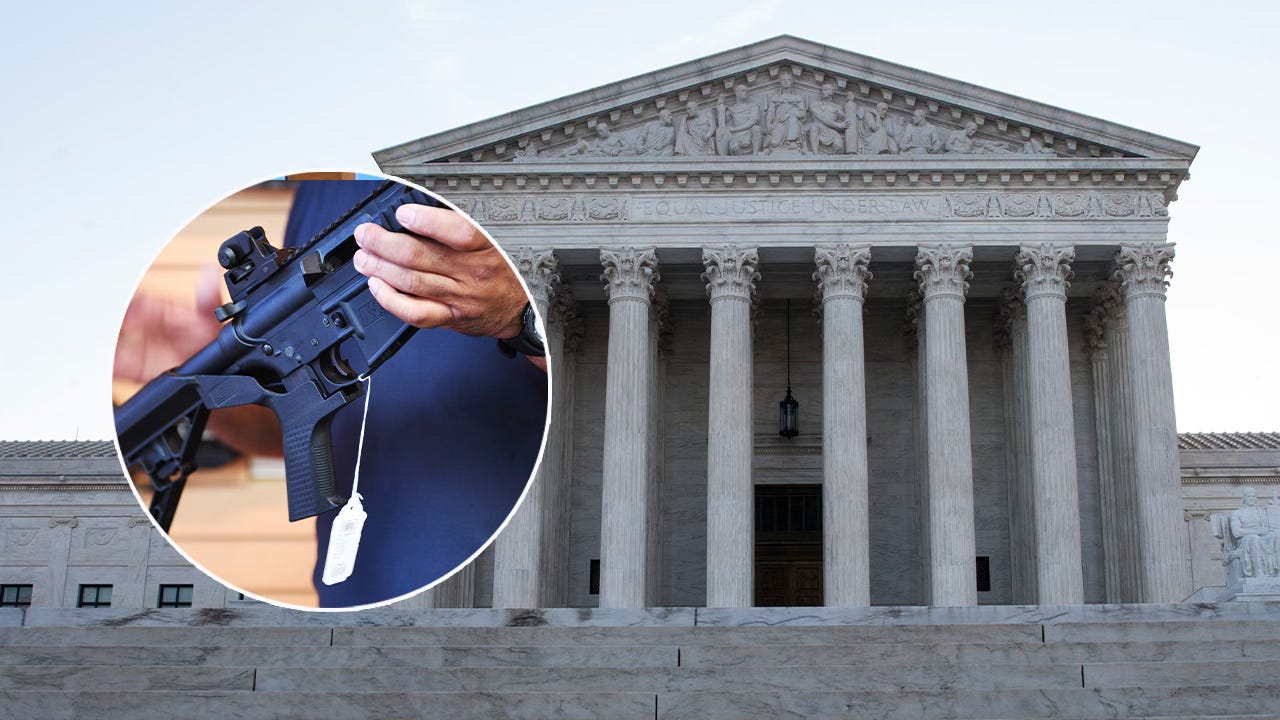Last week, the Supreme Court issued its ruling in Garland v Cargill, a case regarding the banning of bump stocks by the Bureau of Alcohol, Tobacco, Firearms, and Explosives (BATFE, or ATF for short), per a directive from then-President Donald Trump.
The case centered on whether the definition of "machinegun" (yes, one word in the statute) in the National Firearms Act (NFA) could be applied to an attachment that uses a semi-automatic rifle's recoil to quickly re-pull the trigger. After the Las Vegas mass shooting, Trump issued an executive order directing the prohibition of the attachments. This was accomplished via 1986’s Firearm Owners Protection Act (FOPA), which, perhaps contrary to its title, prohibited civilian ownership of any machinegun manufactured after it took effect.
Yes, bump stocks can increase the rate of fire of a semi-automatic rifle. That is not in dispute:
But, the same effect can be achieved without one.
All that aside, the rapidity of fire is irrelevant to the matter before the Court.
The crux of the case is: Who gets to decide what constitutes a "machinegun?"
Congress created a definition ninety years ago in the NFA, and the ATF had on more than ten occasions set forth its interpretation that bump stocks do not a machinegun make, without challenge. Does ATF have the right to unilaterally alter its interpretation of Congress's law?
The Court, in a 6-3 ruling along ideological lines, agreed that banning bump stocks is Congress's purview, and that the existing language could not be tortured to include them.
This is correct, in my opinion, any personal views on bump stocks notwithstanding. Whether a legislated ban or restriction would hold up to Court scrutiny is a separate matter, and depends on how it's written.
The broader issue is administrative overreach. Ever since the landmark 1984 case Chevron v NRDC, which produced the "Chevron Deference." Which is, loosely:
That case has had the effect of massively expanding the size, scope, and reach of the administrative state, and eroded ballot-box accountability from our supposedly representative government.
While the Cargill ruling was, unfortunately in my opinion, quite narrow in being rooted in statutory interpretation of the NFA and FOPA, it may signal that the Court may further slap down administrative overreach - which it decided the bump stock ban was - in its upcoming rulings in Loper Bright Enterprises v. Raimondo and Relentless, Inc. v. Department of Commerce.
If so, we will be treated to the Justices imposing proper administrative restraint on our government, and taking a big step back toward the proper separation of powers.
Congress is supposed to write laws, the Executive Branch is supposed to implement them. Congress can't simply hand off its role to the Executive, nor should it. Otherwise, the Presidency would continue transforming into a king's throne, and the notion of separation of powers that's vital to limiting government would be trashed in favor of a dictatorship.
Alas, the three left-leaning Justices signaled their willingness for this to happen. As occurs too often, their approach to the case appears to be transactional, rather than legal. As in "we think it's a good idea, so we're OK with an agency rather than Congress doing it." Those who deride textualism share the same viewpoint, no matter how much that undermines the government's checks and balances.
It's pretty simple, and it echoes the Dobbs decision that overturned Roe v Wade. If you want a law, you should ask Congress to write it. If Congress won't, that's not an excuse to ignore the rule book just to get your way.
If a President wants bump stocks banned at the federal level, he needs Congress to ban them. This “pen and phone” crap has to stop.





This is the same manner in which the Left elides constitutional amendments. "It's too hard!" So they just pack courts with judges who dictate the legislation they favor.
If we only had one more gun law then all of this carnage would magically stop!